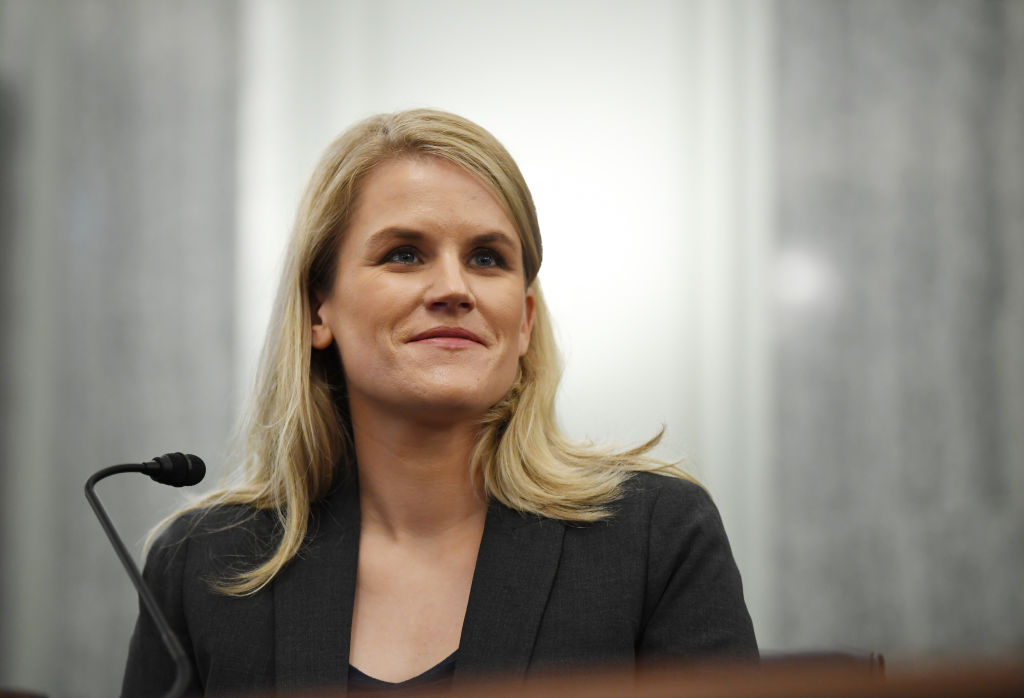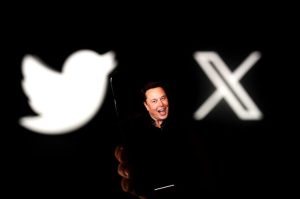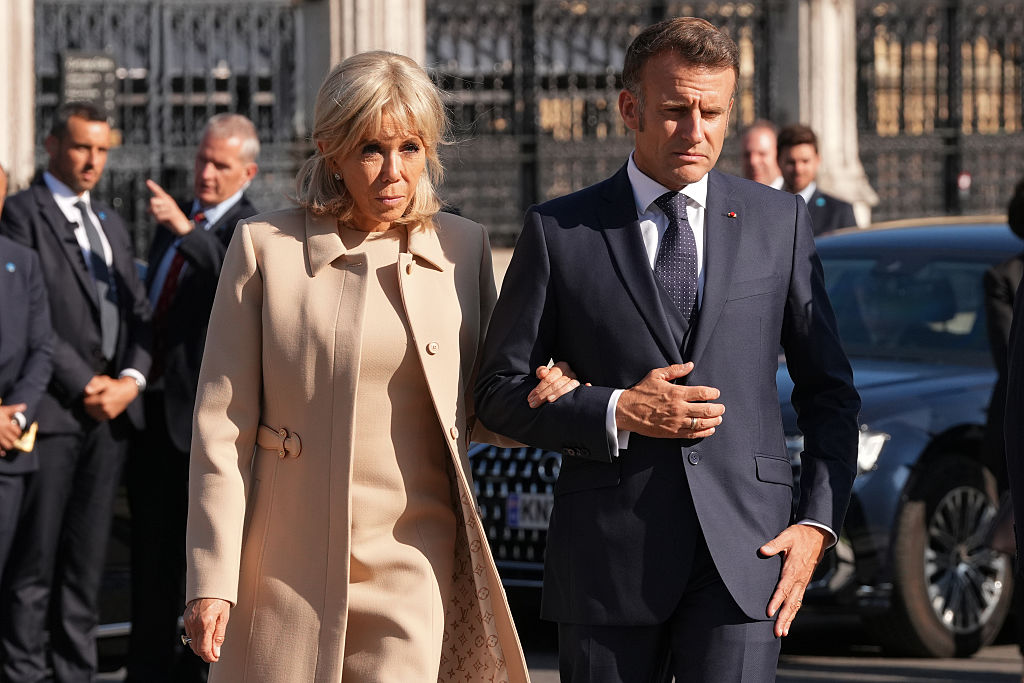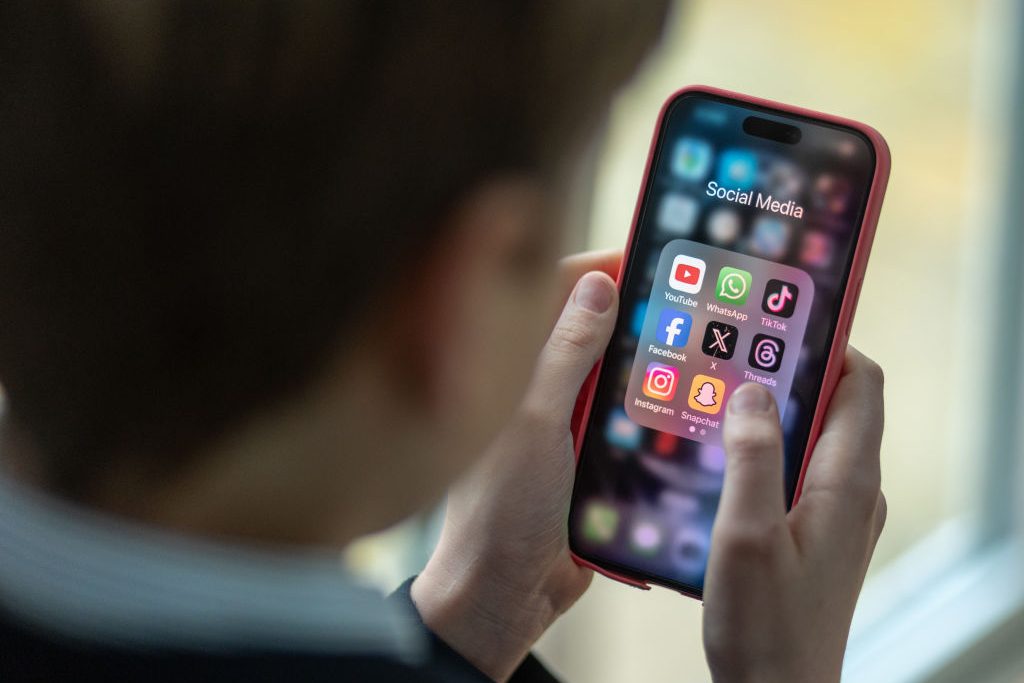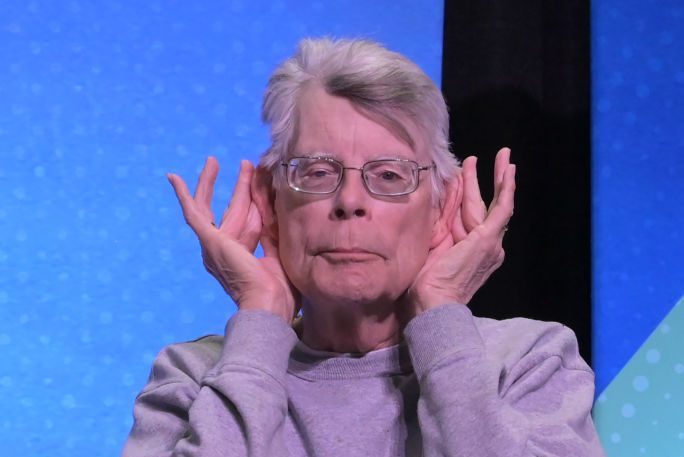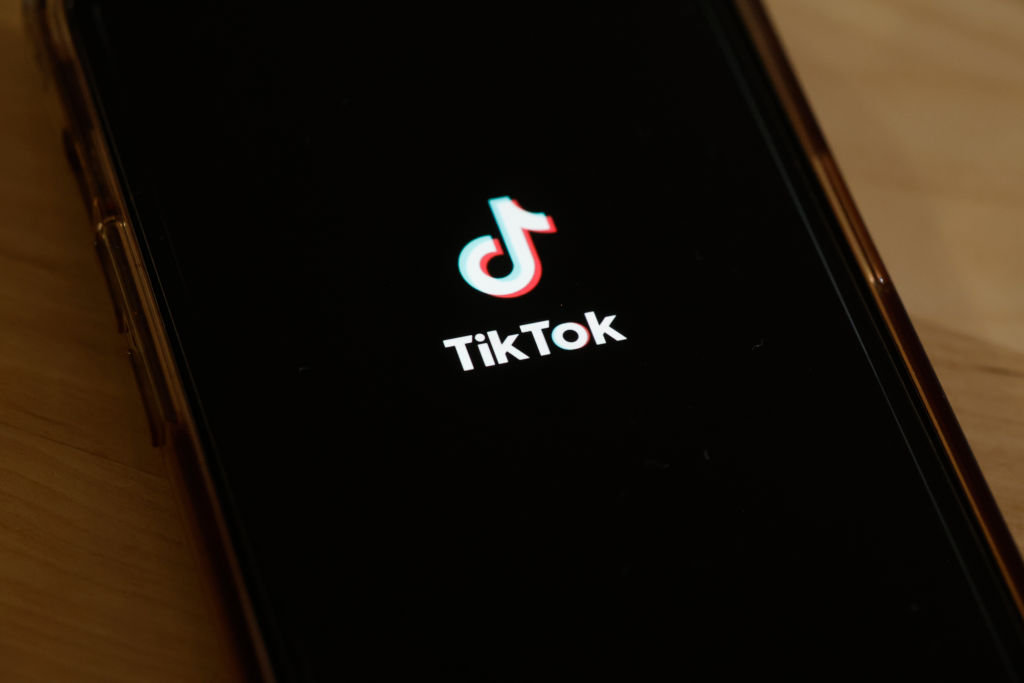On Tuesday, Frances Haugen, speaking to the Senate Commerce Subcommittee on Consumer Protection, compared Facebook to tobacco and opioids while pushing for similar regulations. Haugen, a ‘whistleblower’ who came forward after Facebook dissolved her team and who admits she never worked on child safety during her time at Facebook, told a terrifying story about an app that harms young girls.
Social media is like a drug. We hear this all the time. We’re powerless addicts in the face of its influence. We need to keep the kids safe from it. But is it? And do we?
I used to call myself a Twitter addict. It’s the first thing I check each morning and the last thing I look at at night. Yet during a family vacation in August I deleted Twitter from my phone for a week and didn’t check it even once. I didn’t vomit or convulse, as drug addicts tend to do when getting clean. I didn’t stop using because I had hit rock bottom. I wanted to be ‘in the moment’, as the kids say, and Twitter is a time-suck.
What I missed most was consuming a lot of news in a very quick manner — not the takes or the arguments, or the likes and retweets which offer that sweet dopamine hit. I was reading newspapers but I still felt out of touch. My addiction turned out to be an entirely correctable habit. If Twitter was having a negative effect on my life, I could have decided never to return to the app. Or I could return to the app in smaller doses. It’s not heroin, after all.
Most grown-ups can do the same. If social media is actually having a drug-like impact on their lives, they should stop using. But they don’t. They continue to ‘doomscroll’, all the while talking about how powerless they are to stop. At the end of September, the Wall Street Journal asked superstar quarterback Tom Brady, ‘What is the one habit you wish you could break?’ Brady answered, ‘I’d break that endless Instagram scroll that just sucks up minutes and hours of my day.’
Brady is an athlete in professional sports. Watching those sports sucks up minutes and hours of the day, as many an aggrieved wife can tell you any football Sunday. But we don’t compare the endless watching, reading, studying and even betting that sports fans do to drug use. We understand that leisure activities don’t have to be productive. They’re a way to turn off your mind. There’s nothing wrong with watching Tom Brady throw a ball. There’s nothing wrong with scrolling through pretty pictures on Instagram at the end of a long day.
And then there’s the issue of kids on the ’gram. At the end of September, Antigone Davis, Facebook’s global head of safety, testified before the Senate Commerce subcommittee on consumer protection. Facebook owns Instagram, and Davis was there because of a Wall Street Journal exposé that reported on an internal March 2020 presentation at Facebook which the company had then suppressed: ‘Thirty-two percent of teen girls said that when they felt bad about their bodies, Instagram made them feel worse.’
Richard Blumenthal, Democratic senator from Connecticut, said, ‘The question that haunts me is how can we, or parents, or anyone trust Facebook?’
Well, you can’t. Because it’s a business looking for eyeballs. It’s not your kid’s babysitter. It’s terrible, of course, that teen girls feel bad about their bodies. It’s silly to blame Instagram for this. In the age before Instagram, girls felt bad because of supermodels on billboards or Kardashians on television. It’s not just Instagram, not by a long shot. In 2015, London banned Underground advertisements which ‘conform to unhealthy or unrealistic body images’: no longer would women be confronted with perfect abs trying to sell us something. We would be protected from feeling bad about ourselves for the length of our Tube ride.
The Wall Street Journal story told the tale of Anastasia Vlasova, an 18-year-old seeing a therapist for an eating disorder she blames on Instagram. After joining the platform at 13, Vlasova spent three hours a day scrolling the pictures of ‘chiseled bodies, perfect abs and women doing 100 burpees in 10 minutes’.
Three hours a day? Where were her parents to say, ‘Stop that’? The real issue, time and again, is that parents have to actually parent. They need to oversee what their kids are doing. They need to monitor which accounts the kids follow and the content their kids post. It’s hard, of course it’s hard — but that’s what parenting is.
My pre-teen daughter is on Instagram. She follows food accounts and girl surfers. She enjoys posting pictures of herself high up in trees to scare her grandmas. She cannot name any Kardashians. Social media is what we put into it. Just as letting our kids out in the world is scary because there is so much potential for danger and bad influence, so it goes with letting our kids into the social media world. No one imagines they’re not good enough as a human because they can’t play as well as Brady. So why do they feel so bad when they scroll past an Instagram picture of Brady’s supermodel wife? We don’t need to give social media such power over us. If you’ve gotten to where your social media is making you feel bad, stop using it. Stop pretending it’s akin to crack addiction, and just make the decision to make yourself happier by shutting out the voices telling you you’re not good enough. Definitely oversee how your children are using their screens and, while you’re at it, check in to see who their friends are, what they’re learning in school and whether they’re feeling bad about their bodies.
Blaming social media for personal despair gives people an out: they don’t have to attempt to repair that sadness themselves. Facebook doesn’t owe you mental comfort. If the ’book isn’t working for you, quit it.
This article was originally published in The Spectator’s November 2021 World edition.



